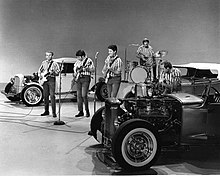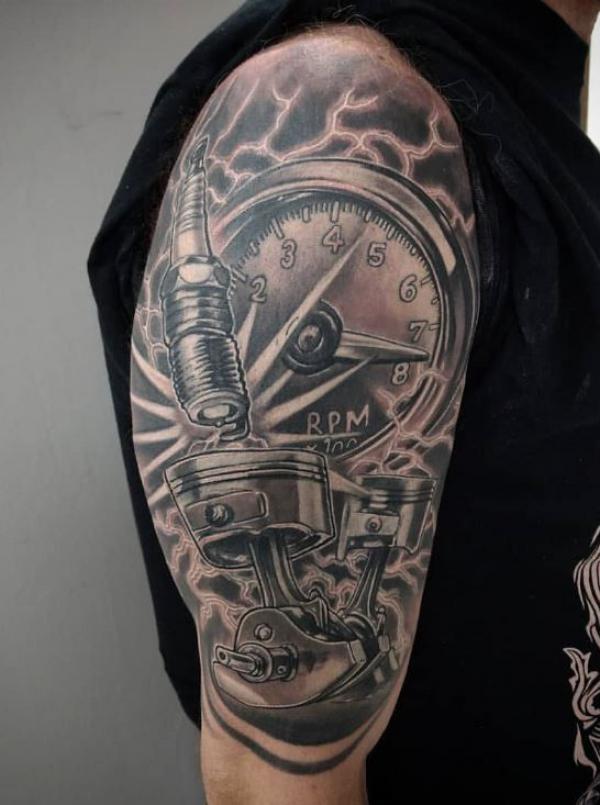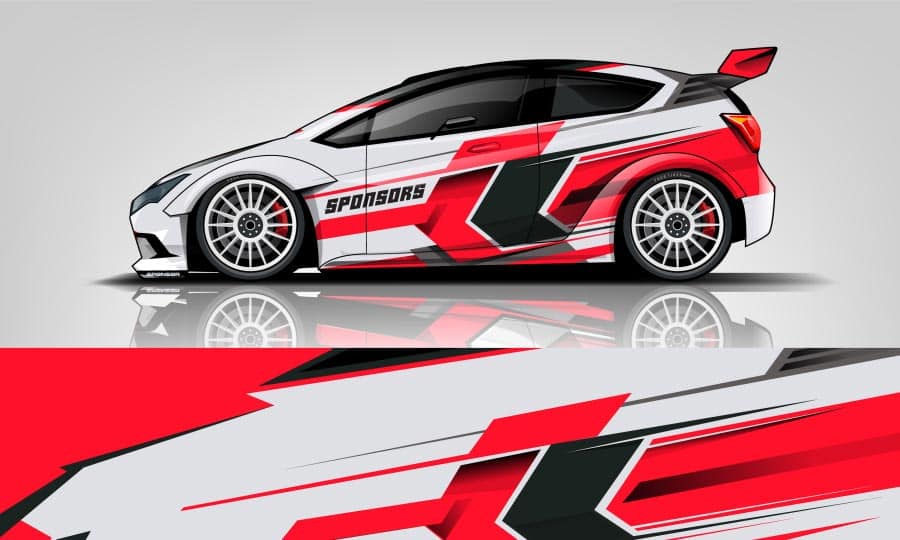Introduction
Music and cars—two seemingly unrelated elements that have, over the years, merged seamlessly into a cultural phenomenon. Car songs, a unique genre within the music industry, have been a driving force in shaping our perceptions of automobiles and the freedom they represent. From rock ‘n’ roll classics to modern hip-hop anthems, these songs have not only entertained but also encapsulated the spirit of the open road and the experiences associated with it. In this blog post, we’ll dive into the cultural significance of car songs in music, exploring how they have become a soundtrack to our lives.
The Road Trip Soundtrack
Picture this: you’re cruising down a sun-kissed highway, wind in your hair, and your favorite car song blaring from the speakers. It’s a feeling of liberation, a sensation of being one with the road. Car songs have long served as the perfect accompaniment to road trips, enhancing the sense of adventure and freedom that comes with hitting the highway.
Songs like “Born to Be Wild” by Steppenwolf and “Route 66” by Chuck Berry have become anthems for road warriors, celebrating the thrill of the journey and the allure of the unknown. These tunes aren’t just about transportation; they’re about exploration and self-discovery. They invite us to leave our worries behind, escape the mundane, and embark on an unforgettable adventure.
The Evolution of Car Songs
Car songs have evolved alongside the automobile industry itself. In the early days of rock ‘n’ roll, artists like Chuck Berry and Little Richard infused their music with the excitement and rebellion associated with cars. The songs were often fast-paced, reflecting the newfound speed and mobility offered by automobiles.
As time went on, car songs diversified. In the 1970s, songs like “Low Rider” by War and “Mustang Sally” by Wilson Pickett celebrated specific car models and their cultural significance. These songs became not just a soundtrack for driving but also a form of identity for car enthusiasts.
In the 1990s and 2000s, hip-hop and rap artists like Nelly and Ludacris brought a fresh perspective to car songs. Tracks like “Ride wit Me” and “Move B***h” incorporated references to luxury cars, highlighting the connection between automotive status symbols and music culture. These songs often emphasized the idea of success and the pursuit of the American dream.
Car Songs and Nostalgia
Car songs have a unique ability to evoke nostalgia. When we hear the songs of our youth or the tracks that remind us of memorable road trips, we are transported back in time. The melodies and lyrics become a time machine, taking us to moments of joy, love, and adventure.
Whether it’s the Beach Boys’ “Fun, Fun, Fun” or Prince’s “Little Red Corvette,” these songs have a timeless quality that resonates with both older generations and today’s youth. They serve as a bridge between the past and the present, connecting us through the shared experience of car culture.
Car Songs and Cultural Identity
Beyond the personal connection, car songs play a crucial role in shaping cultural identity. They often reflect the values, aspirations, and societal norms of their respective eras. For example, in the 1960s, car songs were often associated with rebellion and counterculture movements. Songs like “Fortunate Son” by Creedence Clearwater Revival expressed anti-establishment sentiments and resistance to the Vietnam War.
In contrast, the 1980s brought songs like “Little Red Corvette” by Prince, which celebrated the materialism and excess of the decade. These songs mirrored the consumer-driven culture of the time.
Today, car songs continue to reflect contemporary issues and concerns, from environmental consciousness to the ever-advancing technology in the automotive industry. Artists like Tesla enthusiast Elon Musk have even dabbled in creating their own car-related tunes, highlighting the intersection of technology, innovation, and music.
Conclusion
Car songs have transcended their status as mere musical genres to become an integral part of our cultural fabric. They have provided the soundtrack to our road trips, served as vessels of nostalgia, and reflected the evolving values and identities of society. From the early days of rock ‘n’ roll to the modern era of hip-hop, car songs have celebrated the automobile as more than just a mode of transportation—they’ve celebrated it as a symbol of freedom, identity, and the open road.
As long as there are cars on the road and music in our hearts, car songs will continue to hold a special place in our culture, reminding us of the adventures we’ve had and those that await us on the endless highways of life.




